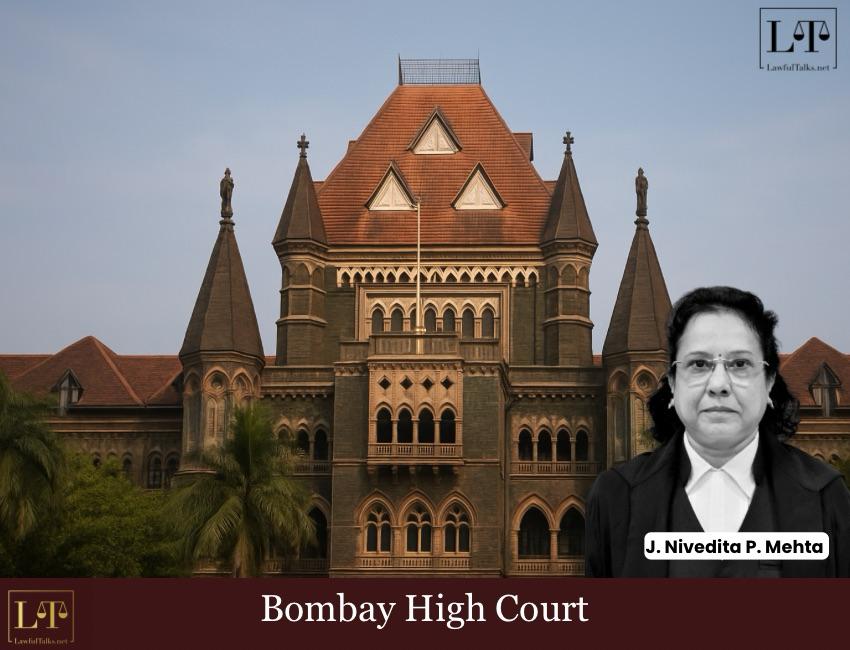Allahabad HC Sets Aside Afzal Ansari's Conviction, Allows Him to Continue as MP

In a significant ruling, Justice Nivedita P. Mehta of the Bombay High Court has set aside the conviction and ten-year sentence imposed on Roshan Ruprao Bandre by an Additional Sessions Judge under Section 376 of the Indian Penal Code (IPC). The acquittal came in an appeal arising from allegations that Bandre had kidnapped and raped a 17-year-old former tenant.

Upon examining the evidence, the High Court concluded that the prosecution had failed to establish the essential ingredients of the offence beyond reasonable doubt, particularly with respect to proving the complainant’s age and the lack of consent.
Facts:
The Court pointed out that the evidence presented to establish the victim’s minority was unreliable. The birth certificate produced by the prosecution did not contain her name and mismatched her parents’ details, while school records reflected conflicting dates of birth.
These discrepancies, the Court held, severely weakened the claim that the victim was under 18 at the time of the incident.
Assessing the circumstances surrounding consent, Justice Mehta noted that the victim had stayed with the accused for three to four days without attempting to escape or raise an alarm. During this time, she wore a mangalsutra and was introduced to others as his wife.
The Court further highlighted inconsistencies in her testimony, including a new allegation that she had been rendered semi-conscious by a substance given to her before the alleged assault. These contradictions, according to the Court, undermined the credibility of her account.
“… the testimony of the victim is riddled with material inconsistencies, omissions, and contradictions, which raise serious doubts about the veracity and reliability of her version… She remained in the company of the accused for three to four days, during which she did not make any attempt to escape or raise any alarm… The conduct of the victim, therefore, does not support the allegation of forcible sexual assault,” the Court observed.
On the medical evidence, Justice Mehta noted that although minor abrasions and redness were recorded, the examining doctor did not suggest these were necessarily the result of forceful intercourse. The Court observed that minor injuries alone are not sufficient to prove that the sexual act was non-consensual in the absence of supporting evidence.
“The medical evidence, though showing signs of recent sexual activity and minor injuries, does not conclusively prove forcible intercourse… Mere presence of abrasions or redness, without accompanying evidence of resistance or trauma, is not sufficient to conclusively prove the absence of consent,” the Court observed.
Reaffirming that when evidence allows for two possible interpretations, the one favouring the accused must be accepted, the Court held that the possibility of a consensual relationship could not be ruled out.
Concluding that the prosecution had not proved the charges beyond reasonable doubt, the Bombay High Court set aside Bandre’s conviction and ordered his acquittal.
Case details: Roshan v State of Maharashtra [CRIMINAL APPEAL NO. 440 OF 2023]

Anam Sayyed
4th Year, Law Student
Latest Posts
Categories
- International News 19 Posts
- Supreme Court 390 Posts
- High Courts 383 Posts



















































































































































































































































































































































































































































































































































































































































































































































































































